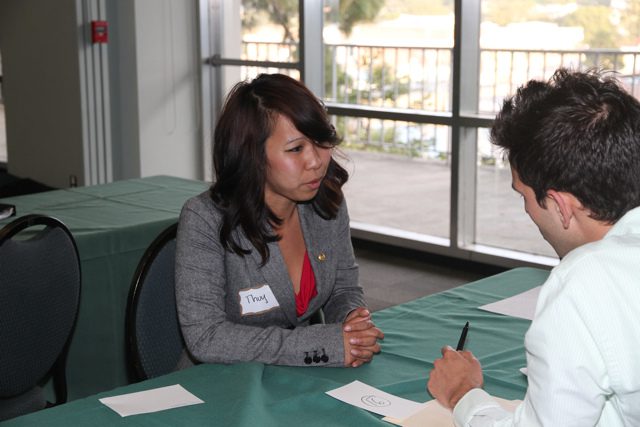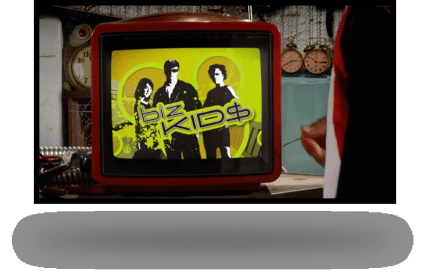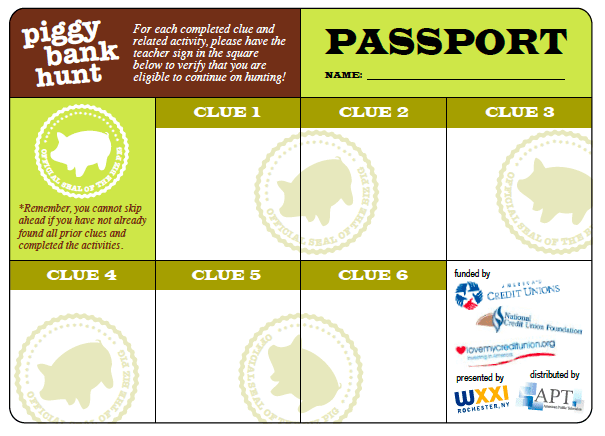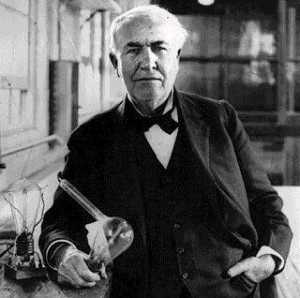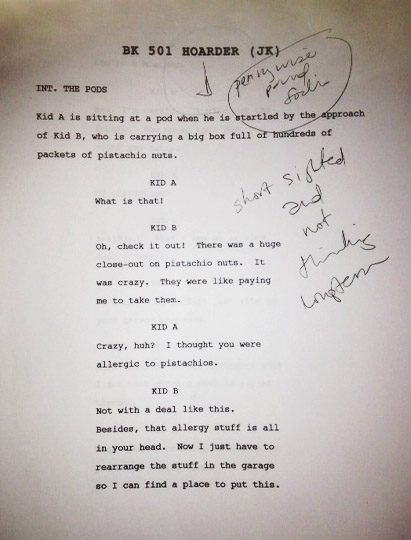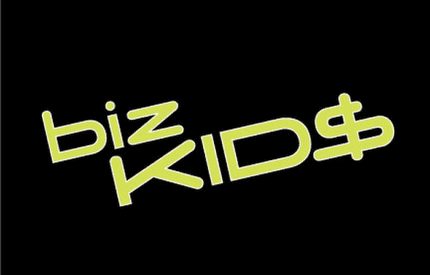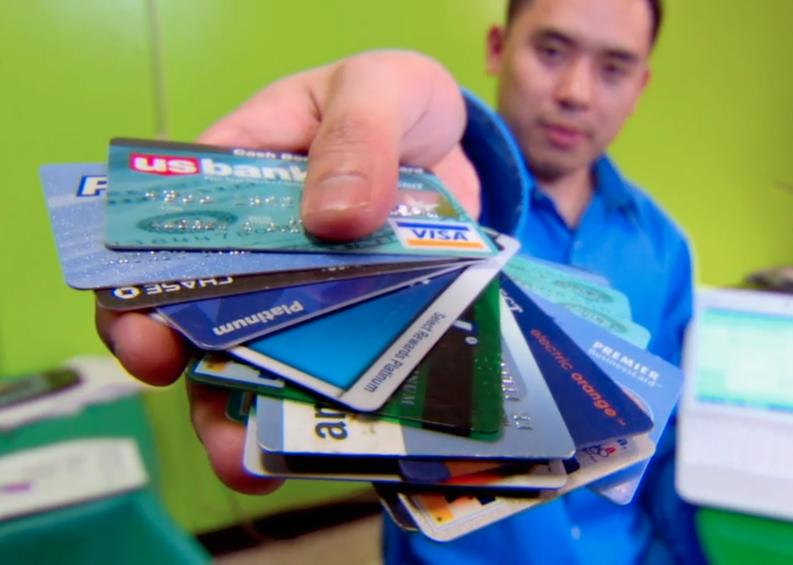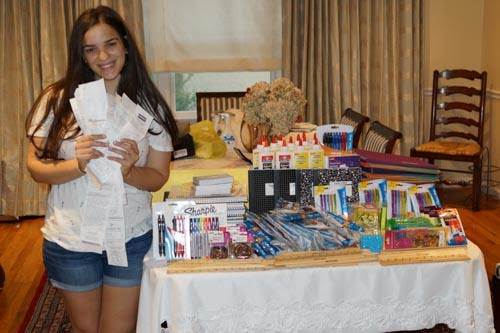Resumes, applications, and interviews, oh my! Hunting for your first job is a feat in itself, and it pays to be prepared. Biz Kid$ Season 5 has just begun to air around the country, and one of our new episodes, “It’s a Job to Get a Job,” focuses on the tools you’ll need in your toolbelt before you start on your job hunting adventure.
Before you begin your trek through the employment wilderness, you’ll need a resume in hand. If you’ve never written a resume, don’t worry. There are plenty of resources available to help you. About.com has an example of a resume for a high school student. Your honors, awards, and even small jobs will let your personality and work ethic shine. Don’t forget to use spell check!
Now that you’ve completed your resume, it’s time to submit some applications. There are loads of job postings online, but introducing yourself to someone in-person, or using your personal connections are never out of date. Stand out from the pack of applicants, and you may land yourself a job.
 In most jobs, an in-person interview will be a requirement. Nervous? Don’t be. Read up on the most commonly asked interview questions, and go in with confidence. Being 5 minutes early is a necessity.
In most jobs, an in-person interview will be a requirement. Nervous? Don’t be. Read up on the most commonly asked interview questions, and go in with confidence. Being 5 minutes early is a necessity.
This may seem like a lot to take in, but rest assured, every working individual has been in your shoes before. Just be glad that you aren’t applying for one of these jobs.
You have what it takes, Biz Kid! Come back and tell us about your interview experiences in the comments below.

